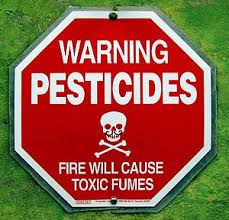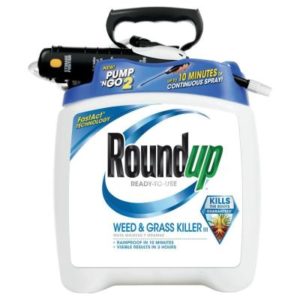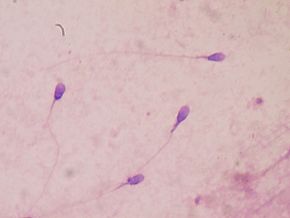 Once again the EPA is about to let us down - by not protecting us (the consumers) and giving in to big business. Against the advice of scientists and scientific advisory panels, the EPA is about to really relax standards for the toxic pesticide acephate.
Once again the EPA is about to let us down - by not protecting us (the consumers) and giving in to big business. Against the advice of scientists and scientific advisory panels, the EPA is about to really relax standards for the toxic pesticide acephate.
This pesticide is an insecticide (kills insects) used on food crops, such as celery, lettuce, peppers, and tomatoes. So when you eat non-organic produce, you will also be ingesting the pesticide. But... studies find it is linked to neurological harms (e.g., autism, reduced scores on intelligence tests, hyperactivity). It also causes harms to bees and other pollinators, fish, and other mammals.
How could this happen? The EPA is only relying on industry studies (notorious for being biased) and ignoring independent studies that find harms. The EPA is proposing allowing 10 times more on foods than is now allowed. Meanwhile, the European Union (EU) banned acephate 20 years ago!
The EPA also proposed relaxing standards for a similar pesticide - malathion. Nope, nope, nope - for all the same reasons .
Excerpts from the investigative news site ProPublica on April 24, 2024: 10 Times as Much of This Toxic Pesticide Could End Up on Your Tomatoes and Celery Under a New EPA Proposal
When you bite into a piece of celery, there’s a fair chance that it will be coated with a thin film of a toxic pesticide called acephate.
The bug killer — also used on tomatoes, cranberries, Brussels sprouts and other fruits and vegetables — belongs to a class of compounds linked to autism, hyperactivity and reduced scores on intelligence tests in children. ...continue reading "The EPA Proposes Relaxing Standards For A Toxic Pesticide"

 For a while now researchers have been finding that certain environmental chemical exposures are linked to the development of amyotrophic lateral sclerosis (ALS), which is commonly called Lou Gehrig's disease. Frequent exposure to pesticides and heavy metal and VOC exposure in solvents (e.g., in woodworking) are linked to ALS.
For a while now researchers have been finding that certain environmental chemical exposures are linked to the development of amyotrophic lateral sclerosis (ALS), which is commonly called Lou Gehrig's disease. Frequent exposure to pesticides and heavy metal and VOC exposure in solvents (e.g., in woodworking) are linked to ALS. People don't realize the incredibly large amounts of pesticides applied to crops and soil in the US each year.
People don't realize the incredibly large amounts of pesticides applied to crops and soil in the US each year.  People worry about breast cancer and whether exposure to chemicals "in the environment" can lead to breast cancer. According to many studies the answer is: YES, absolutely - and this is why they are called carcinogens (a substance capable of causing cancer). What are the chemicals?
People worry about breast cancer and whether exposure to chemicals "in the environment" can lead to breast cancer. According to many studies the answer is: YES, absolutely - and this is why they are called carcinogens (a substance capable of causing cancer). What are the chemicals? Also, avoid using pesticides as much as possible, and instead use least toxic Integrated Pest Management (IPM) or organic methods, both inside the home and outside.
Also, avoid using pesticides as much as possible, and instead use least toxic Integrated Pest Management (IPM) or organic methods, both inside the home and outside. For years research has linked some pesticides and toxic chemicals with the development of Parkinson's disease. Recent
For years research has linked some pesticides and toxic chemicals with the development of Parkinson's disease. Recent  What you can do:
What you can do:
